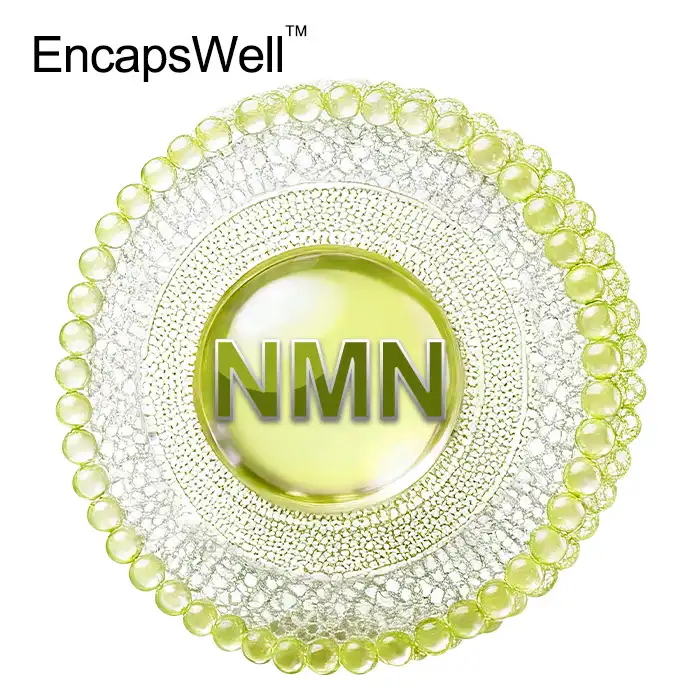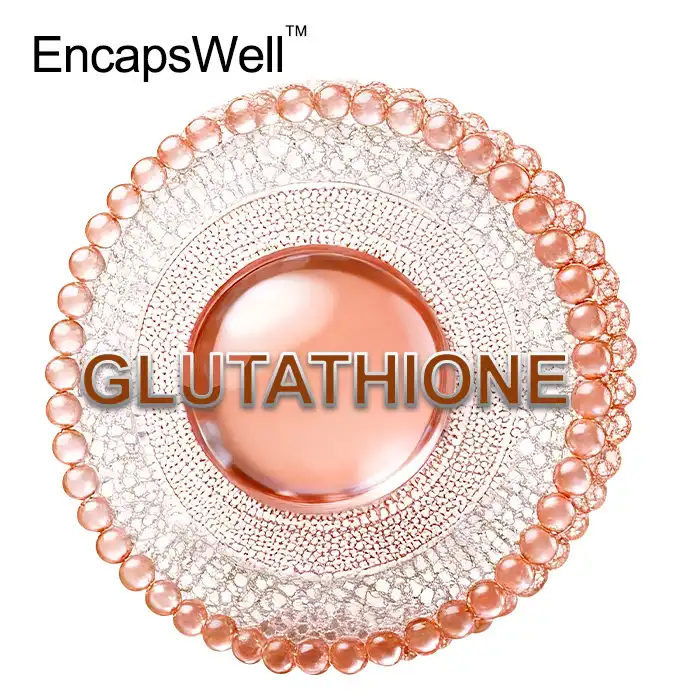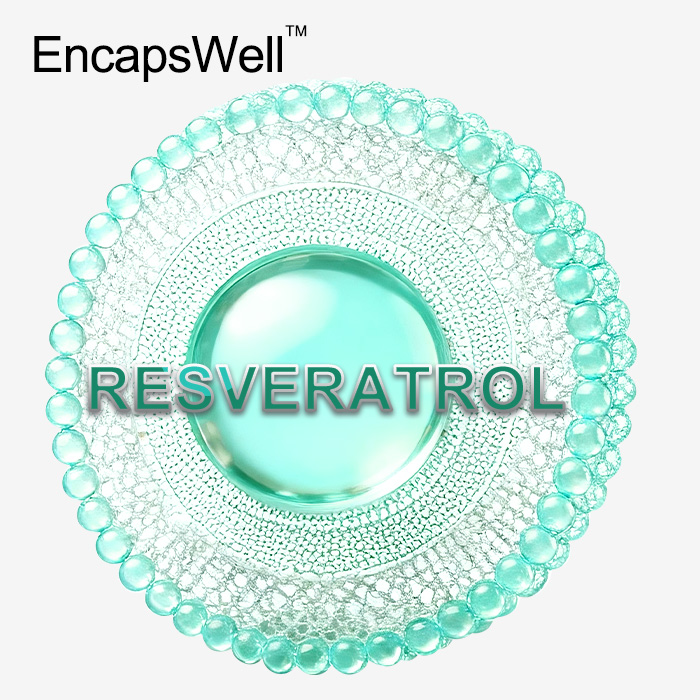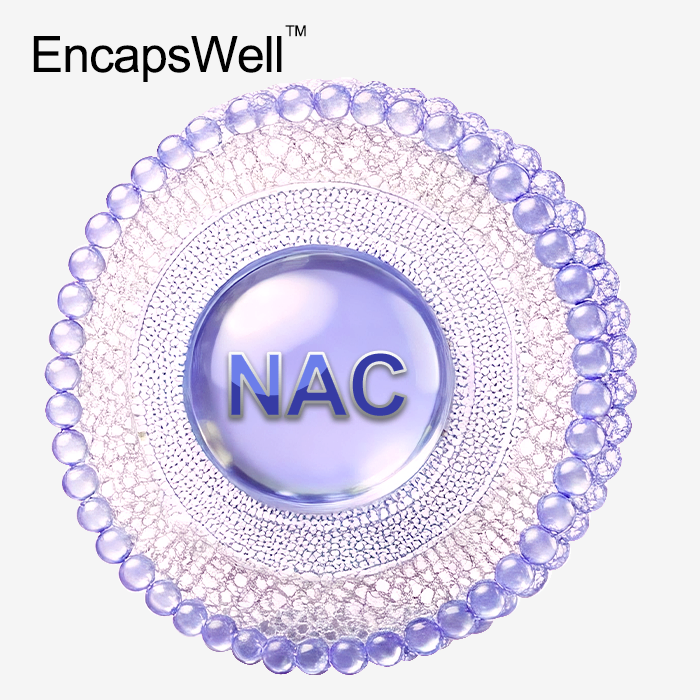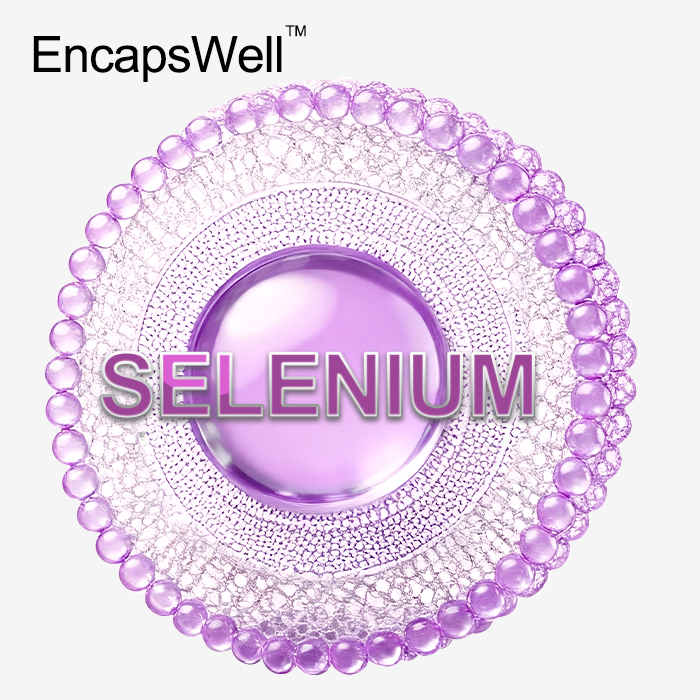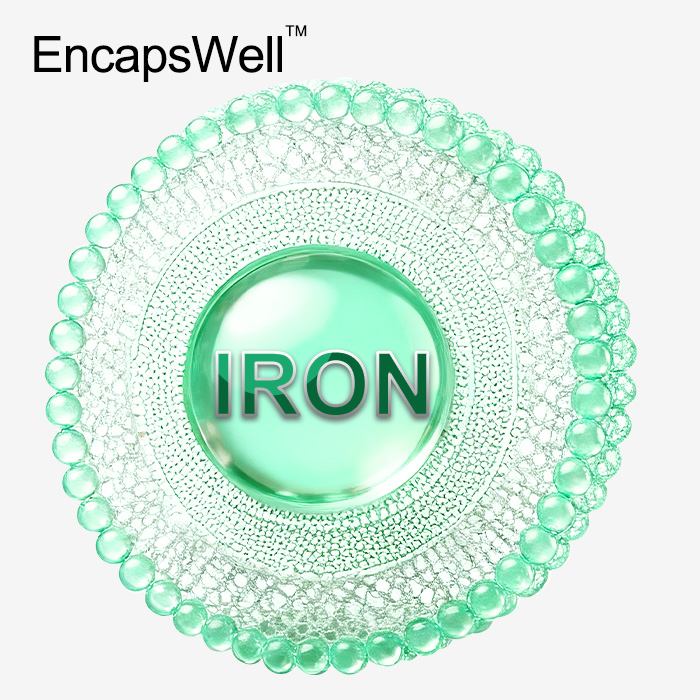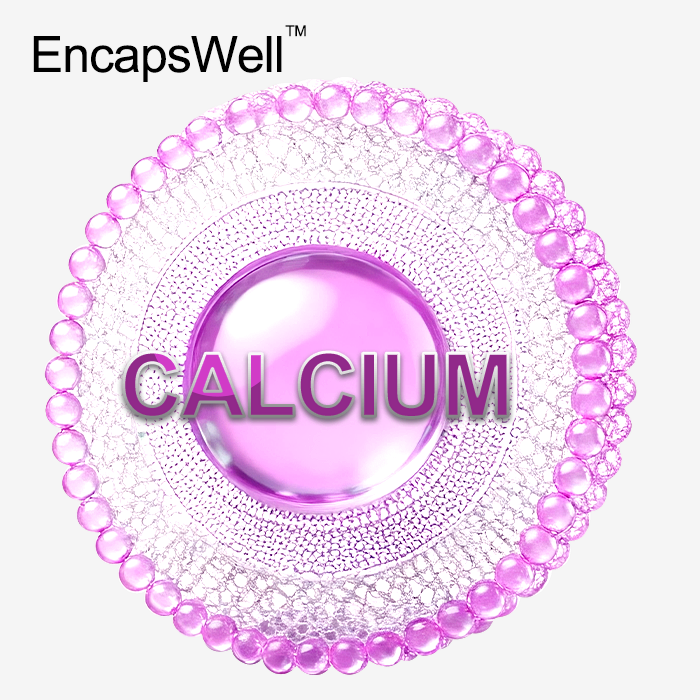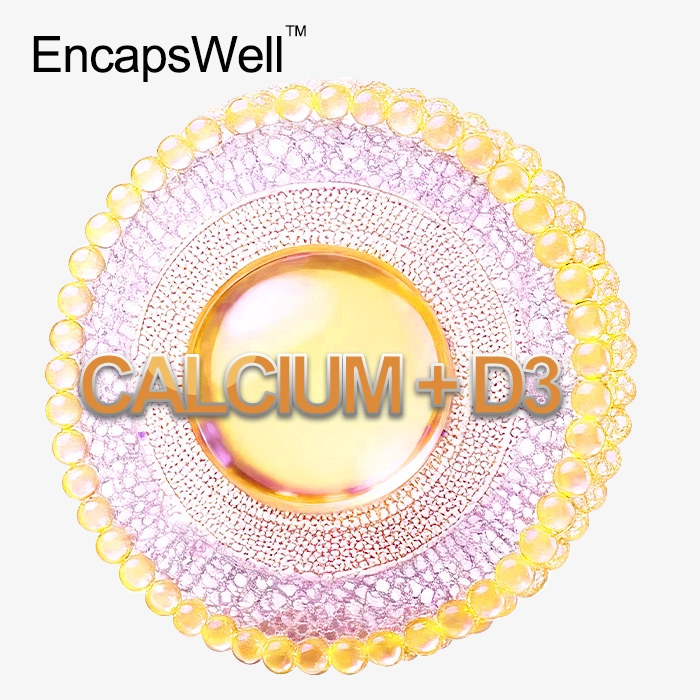Liposomal Vitamin C vs Regular Vitamin C: Absorption Matters
When comparing liposomal Vitamin C to regular Vitamin C, the crucial difference is absorption. Your body's ability to use Vitamin C is limited. Regular forms, like ascorbic acid, are water-soluble. This means they are quickly absorbed but also rapidly flushed out by your kidneys. At higher doses, absorption drops significantly, and much of the vitamin is wasted. Liposomal Vitamin C powder, however, uses a clever delivery system. It encases the vitamin in a tiny fat bubble called a liposome. This protective layer shields the Vitamin C from stomach acid and allows it to be absorbed more efficiently into your bloodstream and cells. Studies show this can increase bioavailability by 3-5 times, delivering more of the nutrient where it is needed most.
Unlocking Superior Bioavailability
The Absorption Challenge with Traditional Vitamin C
Traditional Vitamin C, typically ascorbic acid, faces several hurdles in the body. As a water-soluble vitamin, its absorption is managed by specific transporters in the small intestine. These transporters can become saturated. This means there is a limit to how much Vitamin C your body can absorb at one time. Any excess is simply excreted through urine. Taking very high doses of regular Vitamin C can also lead to digestive discomfort. This is because the unabsorbed vitamin draws water into the intestines. The body’s natural regulation and rapid clearance mean that a significant portion of a standard high-dose supplement may never reach your cells.
How Liposomal Encapsulation Works?
Liposomal encapsulation is a revolutionary delivery technology. It solves the absorption problem of conventional nutrients. A liposome is a microscopic sphere with a unique structure. It has a hollow aqueous center surrounded by a phospholipid bilayer. This structure is biocompatible because it mimics the body's own cell membranes. To create a liposomal Vitamin C supplement, the Vitamin C molecules are placed inside the liposome's core. The outer fatty layer protects the Vitamin C from degradation in the harsh environment of the stomach. This advanced encapsulation method prepares the nutrient for a much more efficient journey into the bloodstream.
Bypassing Barriers for Enhanced Cellular Uptake
The primary advantage of the liposomal structure is its ability to bypass typical absorption barriers. Once in the small intestine, the liposomes are absorbed differently than free Vitamin C. They can be absorbed directly into the lymphatic system or bloodstream. Their fat-soluble exterior allows them to fuse directly with cell membranes. This enables them to deposit the Vitamin C directly inside the cell. This delivery method avoids the saturated transport channels used by regular Vitamin C. The result is significantly higher and more sustained levels of Vitamin C in the plasma. This ensures your cells get a more potent and lasting supply.
Added Benefits of Liposomal Vitamin C Supplements
Gentle on the Stomach, Powerful in Effect
A common complaint with high doses of conventional Vitamin C is stomach irritation. The acidic nature of ascorbic acid can cause discomfort for many individuals. Liposomal Vitamin C offers a significant advantage here. The phospholipid layer acts as a buffer. It encases the acidic vitamin, preventing it from coming into direct contact with the stomach lining. This non-acidic, buffered delivery makes it exceptionally gentle on the digestive tract. It is an ideal choice for people with sensitive stomachs or those who require long-term, high-dose supplementation without unwanted side effects.
Potent Antioxidant and Immune System Ally
Vitamin C is a powerful antioxidant. It neutralizes harmful free radicals and protects the body from oxidative stress. Its effectiveness, however, depends on its concentration within cells. Because liposomal delivery achieves higher intracellular levels, it enhances Vitamin C's antioxidant power. This elevated concentration provides more robust support for the immune system. Vitamin C is vital for the production and function of white blood cells, which are essential for fighting off pathogens. A liposomal Vitamin C supplement ensures that your immune cells are well-equipped to perform their defensive duties, offering superior protection.
Supporting Collagen Production for Radiant Skin
Vitamin C plays a critical role in collagen synthesis. Collagen is the primary structural protein in your skin, responsible for its firmness and elasticity. Without adequate Vitamin C, your body cannot produce it effectively. By delivering more Vitamin C directly to the cells, liposomal technology provides powerful support for collagen production. This can lead to visible benefits for the skin, including improved elasticity, reduced appearance of fine lines, and a brighter complexion. This makes it an excellent ingredient for brands developing advanced anti-aging and skincare-from-within product lines.
Why Liposomal Vitamin C Powder is the Smart Choice?
Versatility in Product Development
Liposomal Vitamin C powder offers exceptional flexibility for supplement brands. Its stable powder form is highly versatile. It can be easily incorporated into a wide range of product formats. This includes traditional capsules and tablets, blended drink mixes, functional beverages, and even liquid shots. This adaptability allows you to meet diverse consumer preferences. Furthermore, the technology is compatible with popular market demands. You can create formulations that are vegan, non-GMO, and soy-free, broadening your product's appeal and market reach.
Ensuring Stability and Extended Shelf Life
Vitamin C is a notoriously fragile molecule. It can easily degrade when exposed to oxygen, light, or heat. This degradation reduces its potency and shortens a product's shelf life. The liposomal encapsulation system provides a protective shield around the Vitamin C. This barrier significantly enhances its stability. It protects the active ingredient from oxidation and other environmental factors. The result is a product with a longer, more reliable shelf life. Brands can be confident that their liposomal Vitamin C product will maintain its potency from manufacturing to consumption.
Scalability from Lab to Market
Bringing a new supplement to market requires a process that is both precise and scalable. A key advantage of working with an experienced partner is the ability to scale production seamlessly. The manufacturing process for high-quality liposomal Vitamin C powder can be scaled from small R&D pilot runs to full commercial production. This should be done within a cGMP-certified facility to ensure consistency, quality, and safety. This streamlined scalability allows brands to move confidently from concept to a market-ready product, knowing that every batch meets the highest standards.

Conclusion
The debate between liposomal and regular Vitamin C ultimately comes down to absorption. While regular Vitamin C offers benefits, its effectiveness is capped by the body's limited ability to absorb it. Liposomal Vitamin C shatters this ceiling. By using a sophisticated phospholipid delivery system, it ensures more of the vitamin reaches your cells. This leads to enhanced immune support, greater antioxidant power, and improved collagen synthesis, all while being gentle on the stomach. For brands seeking to create truly effective and science-backed supplements, the superior bioavailability of a liposomal Vitamin C supplement makes it the clear and intelligent choice for modern health formulations.
FAQs
What exactly is a liposome?
A liposome is a tiny, spherical vesicle made from phospholipids, the same materials that make up your own cell membranes. This bubble-like structure has a hollow, water-filled center where a nutrient like Vitamin C can be stored. The outer lipid layer protects the nutrient from the digestive system and helps deliver it directly into your cells for superior absorption.
Is liposomal Vitamin C really better than regular Vitamin C?
For absorption, yes. While regular Vitamin C is beneficial, much of it can be wasted because the body can only absorb a limited amount at once. Liposomal Vitamin C is encased in a protective fat layer, allowing it to bypass these absorption limits. This results in significantly higher and more sustained levels of Vitamin C in your bloodstream and cells, making it more effective.
Why is liposomal vitamin C powder ideal for new products?
Liposomal Vitamin C powder is extremely versatile for product development. Its stable, powdered form can be easily integrated into capsules, drink mixes, functional foods, and more. This allows brands to create a wide variety of innovative, high-bioavailability products that meet consumer demands for efficacy and convenience.
Partner with EmerWell for Your Advanced Liposomal Formulations
At EmerWell, we transform innovative ideas into market-leading health products. As a premier supplier and manufacturer of liposomal ingredients, our proprietary EncapsWell™ platform ensures your liposomal vitamin C powder formulations achieve superior bioavailability and stability. Our PhD-led R&D team and cGMP-certified factory offer a seamless one-stop OEM/ODM service, scaling your vision from lab to launch. Partner with us to create a product that stands for scientific excellence. Contact us at info@emerwell-bio.com to begin.
References
Davis, J.L., et al. (2016). Liposomal-encapsulated Ascorbic Acid: Influence on Vitamin C Bioavailability and Capacity to Protect Against Ischemia–Reperfusion Injury. Nutrition and Metabolic Insights.
Hickey, S., Roberts, H.J., Miller, N.J. (2008). Pharmacokinetics of oral vitamin C. Journal of Nutritional & Environmental Medicine.
Akbarzadeh, A., et al. (2013). Liposome: classification, preparation, and applications. Nanoscale Research Letters.
Grosso, G., et al. (2017). Effects of Vitamin C on health: a review of the literature. Frontiers in Bioscience.
Paliy, M. (2019). The emerging role of liposomal-encapsulated vitamin C as a means to increase oral bioavailability. Integrative Medicine: A Clinician's Journal.
Šmid, V., Mašková, E., & Klimeš, J. (2020). Pharmacokinetics of Different Vitamin C Forms. Journal of Food & Nutritional Health.
Have a project in mind? Tell us your goals — we’ll help you make it real.

